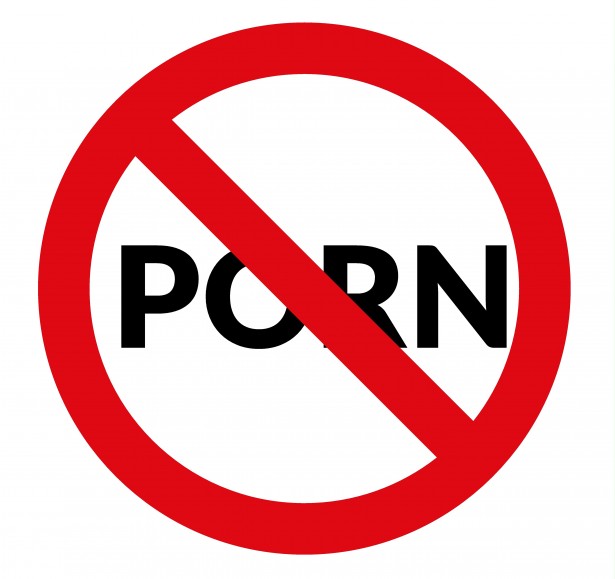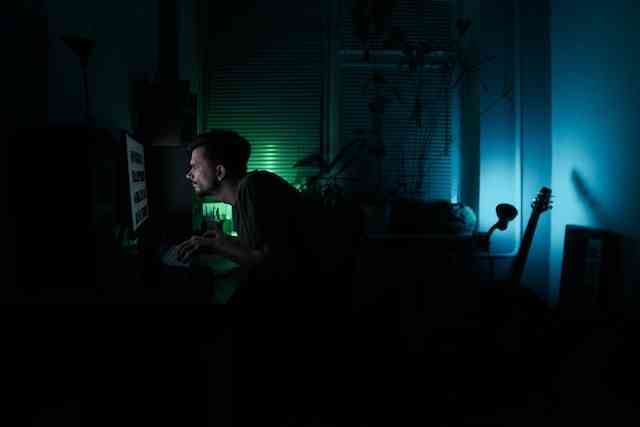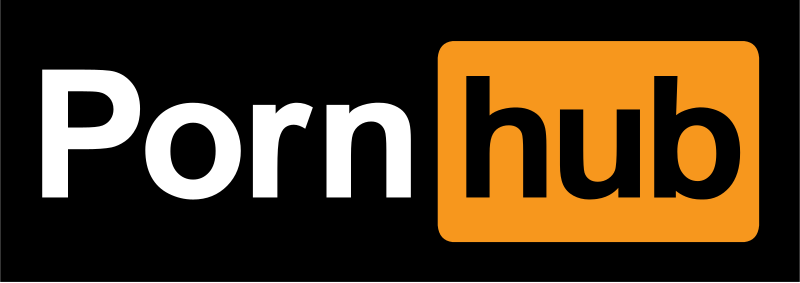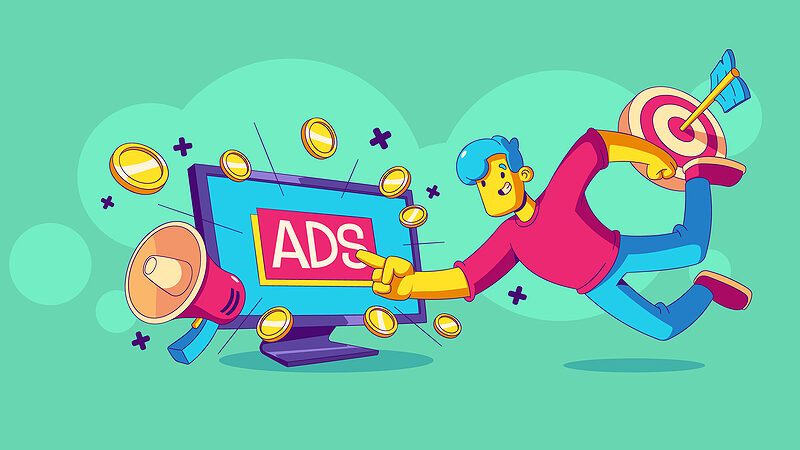The Quagmire Created By The New Utah Age Verification Law

As a member of the adult entertainment industry, I have mixed feelings about Utah’s new law requiring porn websites to implement age verification mechanisms to block minors.
While I completely understand the importance of protecting children from explicit content that they are in no way ready to encounter at a tender age, I believe that this legislation may lead us into dangerous territory if we blindly accept censorship.
On the one hand, the implementation of digital ID or independent contractors could be aimed at keeping underage individuals out; however, on the other hand, it can lead to potential privacy breaches.
The Need For Discrete Browsing
When viewing adult content, most people expect their identity and personal information to be kept discreet. Now this is subjected to violations and breaches by outsiders.
Underage viewership is already illegal under federal laws. Still, policies like additional filters or age verification should not rid parents of their responsibility to ensure their kids do not access unapproved sites. (or any content deemed inappropriate for their ages)
Utah’s age verification program could be seen as similar to those required for alcohol regulation and online gambling, which also need child-protection measures for customer safety.
Preventing addiction and health risks related harms .
It should positively ensure safer conditions as much as possible, as schools would ideally monitor what students view while still shielding adults using legal platforms.
Threat to First Amendment rights
Most importantly, though, this legislation potentially threatens our First Amendment rights.
Free speech advocates argue that restrictions will violate individual liberties when placed on protected expression, aka pornography.
Thus unfairly discriminating against certain kinds of speech at the sacrifice of community standards.
Pornography is sometimes regarded as just “the dirtiest kind of free speech” but it still requires similar protection under US law.
If sex work, even if perceived as lewd and immoral, can be censored, then there’s no telling what could potentially happen to more conservative marginalized fields – such as art, where censorship has already been done enough.
The Free Speech Coalition has filed a lawsuit challenging this legislation saying the age verification program “imposes a content-based restriction on protected speech that requires narrow tailoring to serve a compelling state interest”.
Their challenge response carries some weight I think, given their victory over federal child pornography statutes back in 2002.
Which was deemed unconstitutional due to its imbalance towards protecting minors overshadowing basic principles for citizen’s civil liberties.
Ultimately these issues with freedom vs regulation will continue being debated nationally. While digital rights advocates stand firmly against an overbearing heavy regulator approach.
Other critics point out common sense ways parents should take responsibility too. Although we all know as parents that is easier said than done
While balancing child safety protection measures, we probably should endeavour to strike an equilibrium which allows legal industries to fall into unnecessary regulatory compliances.
Kevin McK






